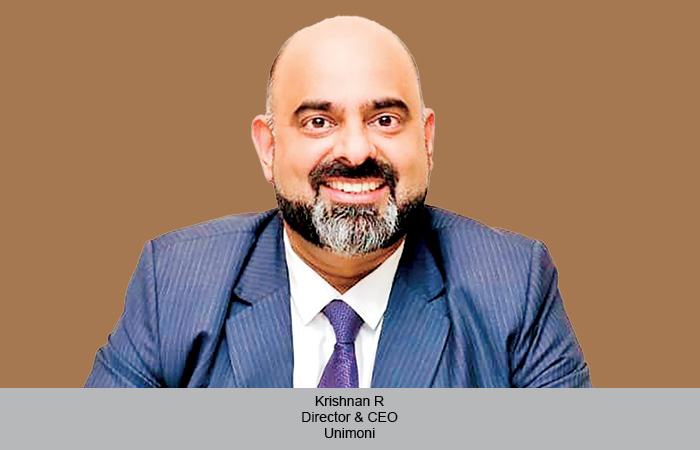Resumption of regular international commercial flights and easing of travel restrictions by the Indian goverment has given a boost to the aviation sector. India being Virgin Atlantic’s third largest market, the airline is excited to launch an additional flight from Delhi to London in June.
Janice Alyosius
During the pandemic Virgin Atlantic accelerated the planned retirement of its all four-engine aircraft. Their twin-engine fleet is now one of the youngest and greenest fleets in the sky. “In September we will receive our first A330-900neo aircraft, another crucial step in our fleet transformation programme. Fleet modernisation is the single biggest driver of some substantial savings in our CO2 emissions, we already achieved an 18 per cent reduction in CO2 /RTK by 2019 and are targeting a further 15 per cent reduction by 2026,” said Alex McEwan, Country Manager – South Asia, Virgin Atlantic.
Outlook for Indian market
McEwan said, “India is our third largest market globally, and we are really excited to launch an additional flight from Delhi to London in June. This will give us a total of three daily departures to London from India – two from Delhi and one from Mumbai. This will be our largest flying programme ever to India, marking our 22nd year of service here in style. Our longevity in India and our growth plans demonstrates a strong and continued commitment to the market.”
Delhi-London traffic
Travel between India and the UK has always been large, with a range of different types of passengers. The most significant of these are passengers visiting friends and relatives, holidaymakers, students and business travellers. “Even amid the tightest restrictions during the pandemic, students and passengers visiting friends and family continued to travel in reduced but substantial numbers. Holidaymakers and business travellers have been travelling in far fewer numbers than pre COVID-19 times, but since vaccinated travellers are no longer required to test or quarantine when they travel between India and the UK, we anticipate strong growth this summer,” he said.
“This growth in demand will drive passengers on to our second daily Delhi to London flight launching in June. We are confident passengers will like the choice of a morning or a night departure from Delhi, and we look forward to welcoming more passengers. With the removal of the air bubble, passengers will also be able to connect outside of London to our extensive US network, including New York JFK, Boston, San Francisco, Los Angeles and Atlanta,” he added.
Drivers of growth
McEwan said, “Lifting the air bubble and relaxation of travel restrictions have been the key enabler of the growth in air travel in recent months and in the future. Now is by far the best possible time to book travel compared with the last two years. There is also a segment of passengers who have accumulated savings from not traveling or spending on hospitality in the past two years and are eager to get back on flights and see the world once more.”
He added, “We can expect a few macro trends to affect the industry in the months to come. Firstly, higher fuel prices are bound to impact all airlines’ operating costs, so a continued and sustainable recovery in revenue and demand is essential to protect financial performance. Rising global inflation will also have an impact on passengers’ pockets, so airlines will need to strike a fine balance when defining their pricing strategy.”
McEwan had a word of caution for the sector. “The airline industry should continue to put passengers’ safety and health first and expect passengers to continue looking for booking flexibility. With our flexible policy and ‘Fly Safe, Fly Well’ programme we will ensure passengers are well looked after,” he said, adding, “Our trade partners are integral to our success and we want to thank each one of them.”
 TravTalk India Online Magazine
TravTalk India Online Magazine





